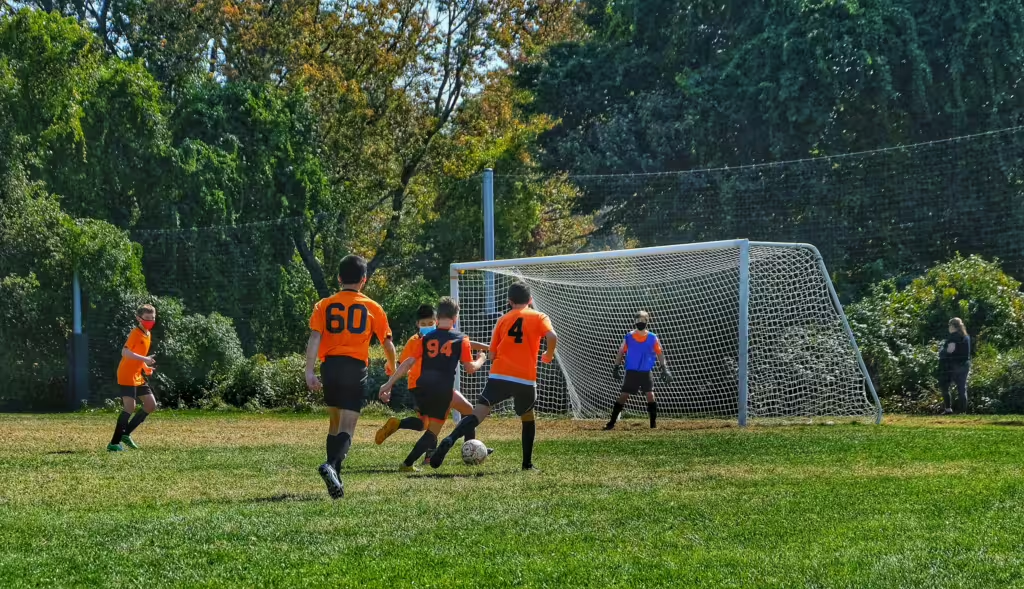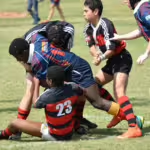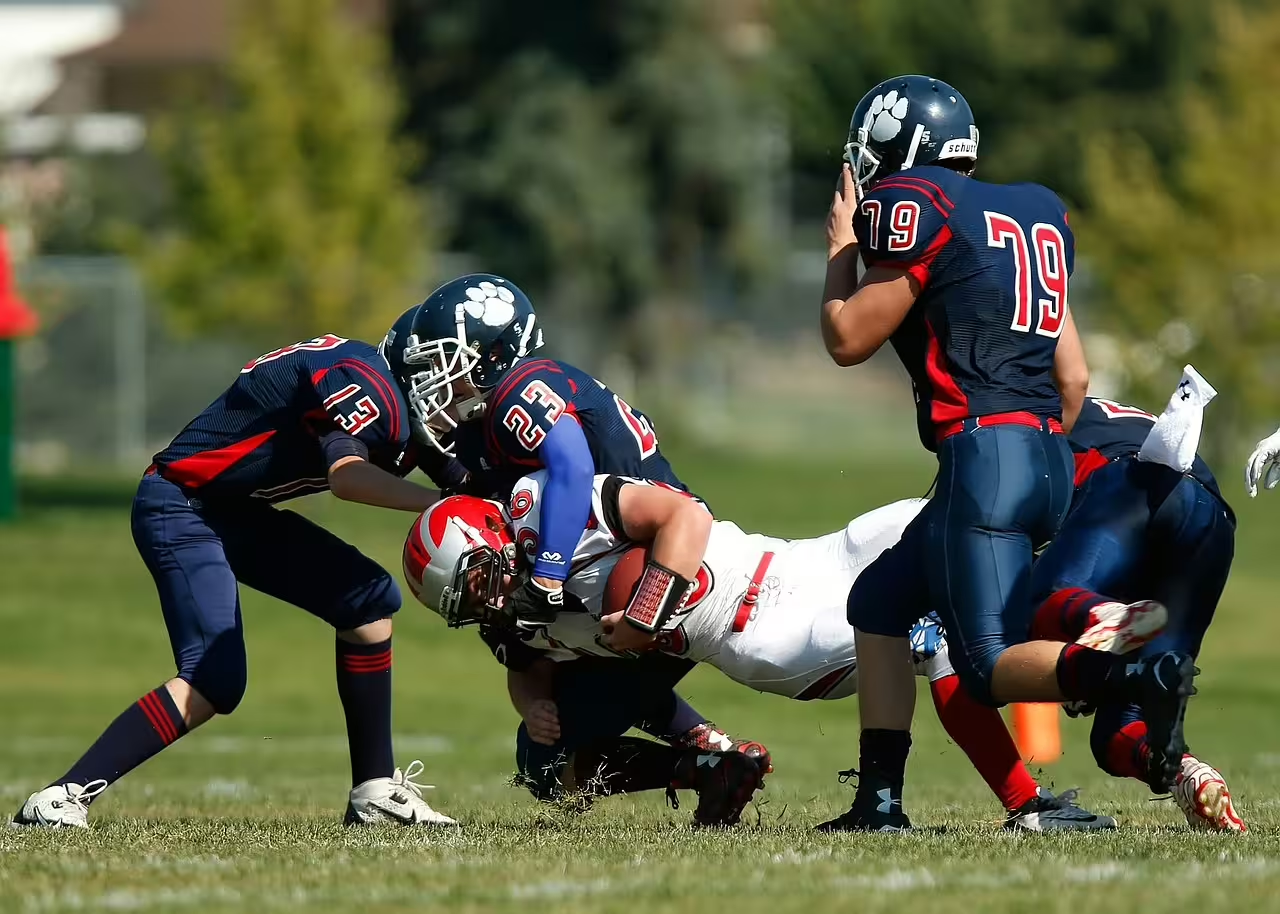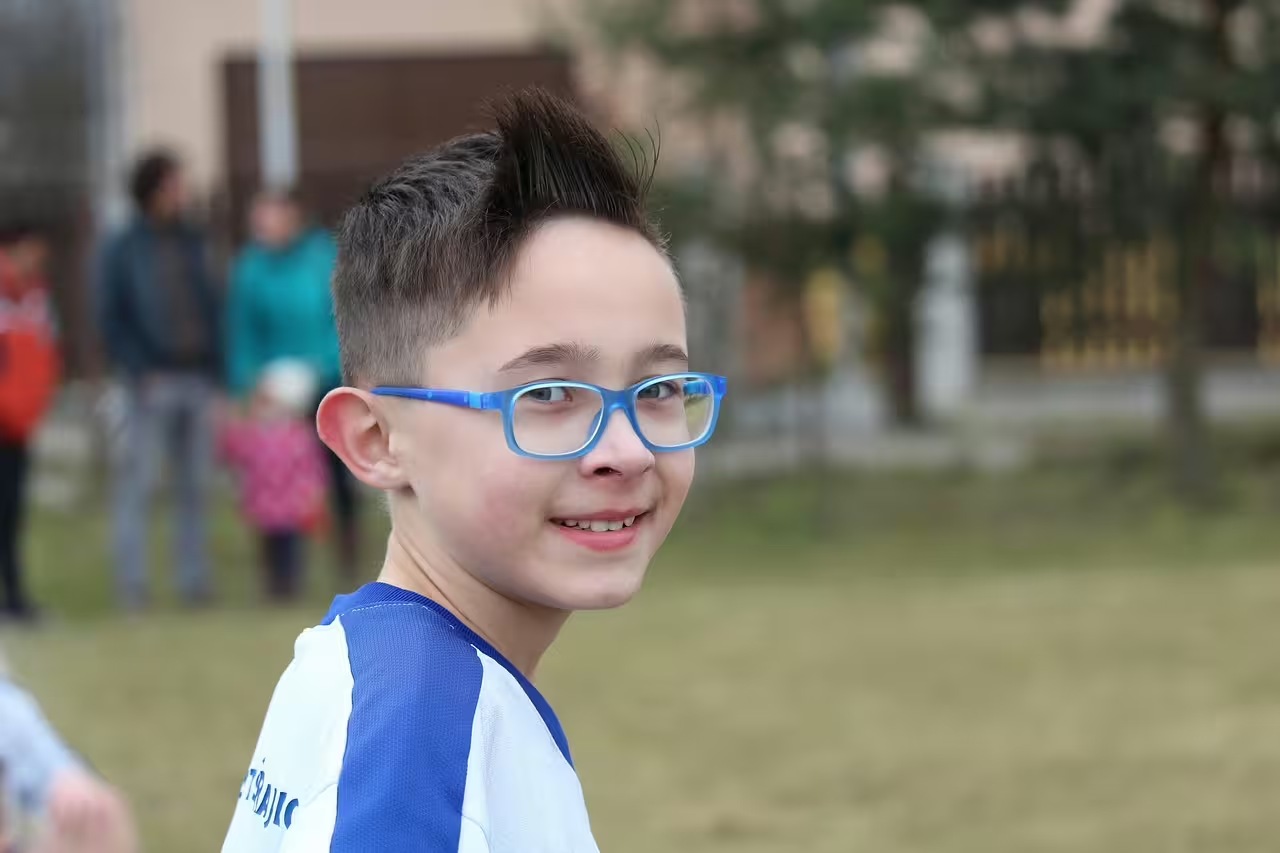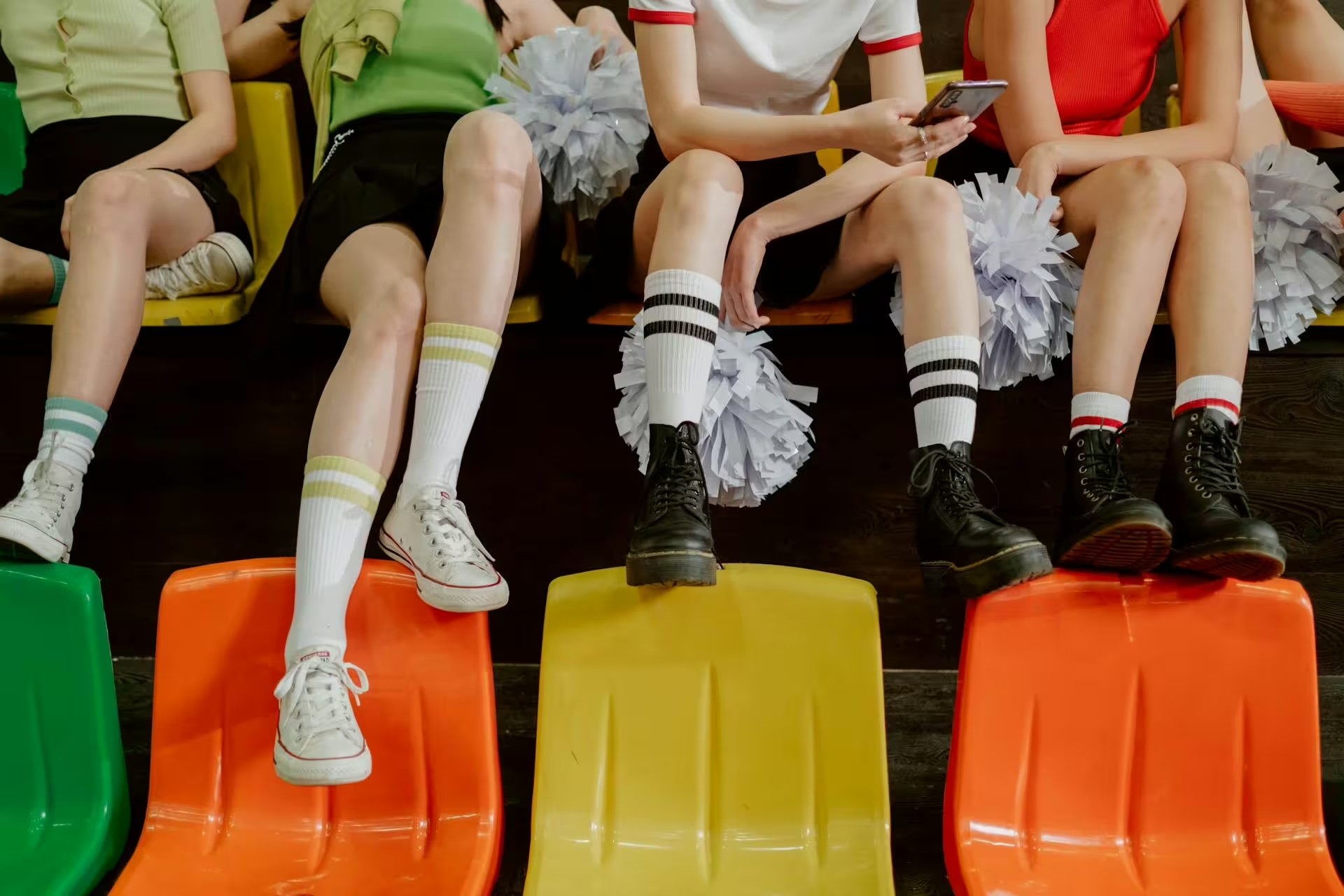“Practice makes perfect!” That’s how the old saying goes, anyway. Yet, however hackneyed this idiom feels to those of us who have ever struggled to accomplish a goal, pick up a new skill, or simply achieve some measure of success; there is truth in those tired, old words. There was once a long-held believe that related to practice as well, that doing something for 1,000 hours would make you proficient in that thing. It didn’t matter what it was: sewing, surfing, swordsmanship, or soccer; if you did it for 1,000 hours, you’d become an expert.
According to Josh Kaufman in a recent Forbes article, however, 1,000 hours might be overshooting the mark some. He says that you only need 20 hours to master a skill, and that seems a bit more reasonable if you’re a kid just learning to play a sport. If you’re a parent who’s ever tried to learn a new skill—whether it was dribbling a basketball, playing a guitar, or doing a dance routine—you know that it took time and practice to get better.
All these idioms and philosophical notions come down to one thing; repetition. Practice and repetition are the best ways to get better at anything. It may seem simple, pedestrian even, but the science behind repetition shows us that doing things repeatedly helps us learn, remember, and master skills faster. In the following article, we will explore why repetition is so powerful and how it can help your child to succeed in any activity or sport they choose!
What is Repetition, and Why Is It Important?
Repetition is the act of practicing something over and over again. In the case of madness, this could lead to nothing but further mania, in sports and skill development, it leads to positive results! In sports specifically, this might mean shooting free throws until you can make them in your sleep. It could also mean practicing a soccer pass until it becomes second nature.
The reason repetition is so important to the way we learn is because every time you repeat something, your brain and muscles learn it better, making it easier to do the next time. The same way that lifting heavy weights will make your muscles stronger, the act of practicing a skill builds something called “muscle memory.” In both these examples, the act itself becomes an act of mental and physical habit, wherein you don’t even really need to think about the action for your muscles to repeat it perfectly.
The Science Behind Repetition
We’ve mentioned a few times how essential thinking, focus, and mental acuity are for young athletes. Kids brains are in a constant state of growth and they continue to grow well into early adolescence. In fact, most of our brains don’t fully mature until age 25! Before that, each new experience and bit of knowledge contributes to our brainpower. Think about it like this; our brains are like muscles—they get stronger with practice. The more a child repeats an action, the more connections they make between the neurons (braincells). Every time they practice, those connections grow stronger. Though it’s a little more complex than that as you’ll see below:
- Neural Pathways: Each time a person performs a skill, their brain strengthens a “neural pathway,” which is a connection between neurons. These pathways make it easier and faster for the human brain to remember the skill.
- Muscle Memory: Those neural pathways are the way the brain sends messages to the muscles. This helps our brains to remember the movements. Over time, these actions become more natural and automatic.
- Myelin: Repetition also helps produce a substance called myelin, which settles around our neural pathways. Myelin acts like insulation on electrical wires, helping signals travel faster and making our actions smoother and quicker.
Building Confidence Through Repetition
Repetition helps make our minds and bodies stronger and faster but it does something else too. Getting better at anything building confidence; which is especially important for children. The more your kid practices, the more comfortable and confident they will inevitably become. When you first attempt to learn a new skill. it can feel confusing, especially for children. Not only that, they might also worry about making a mistake. Engaging in some practice will work wonders, however, and they will eventually get the hang of it. ou start to get the hang of it.
Repetition and Muscle Memory in Sports
As we touched on earlier, repetition in sports is crucial for building muscle memory. This type of physical and mental improvement helps athletes perform complex movements without having to think about it. Whether it’s shooting a basketball, swinging a baseball bat, or doing a gymnastics routine, repetition lets our bodies remember how to move without overthinking. Below are a few examples of how repetition helps different athletes improve:
Basketball Free Throws
Professional basketball players practice free throws over and over until they can basically do them in their sleep. One pro player might take thousands of shots every week to ensure that the motion of shooting becomes automatic. That way, when they’re in a game, they don’t have to think about how to shoot because their muscles already “remember” the movement.
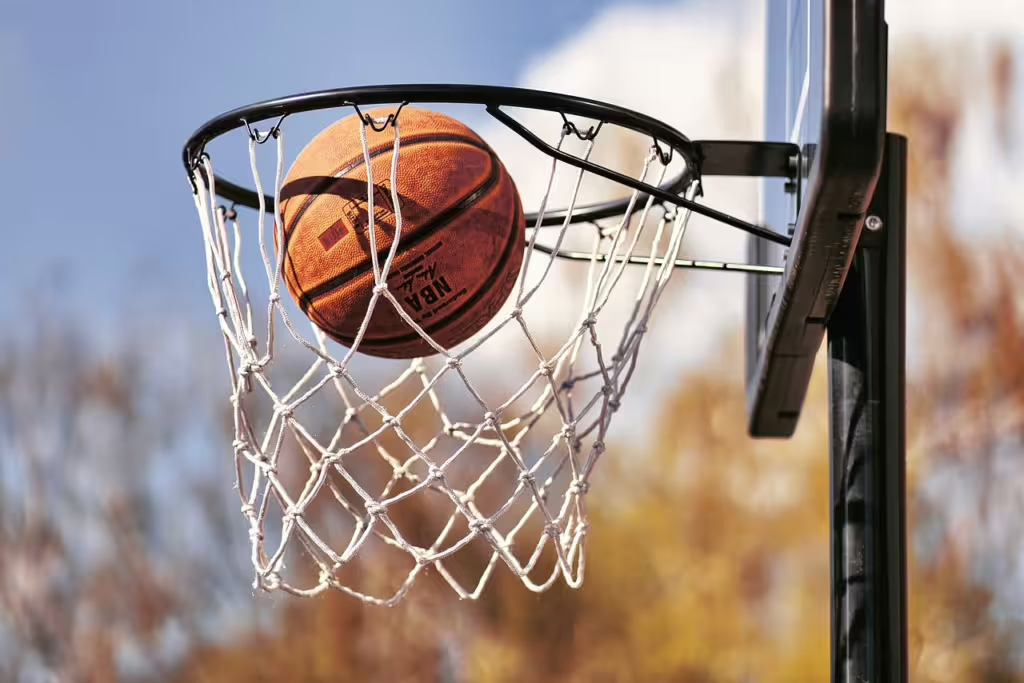
Soccer Passing and Dribbling
Soccer is a little different, players practice passing and dribbling repeatedly to improve their precision. This works for children too. The more they practice, the easier it becomes to dribble around defenders or pass the ball accurately to their teammates.
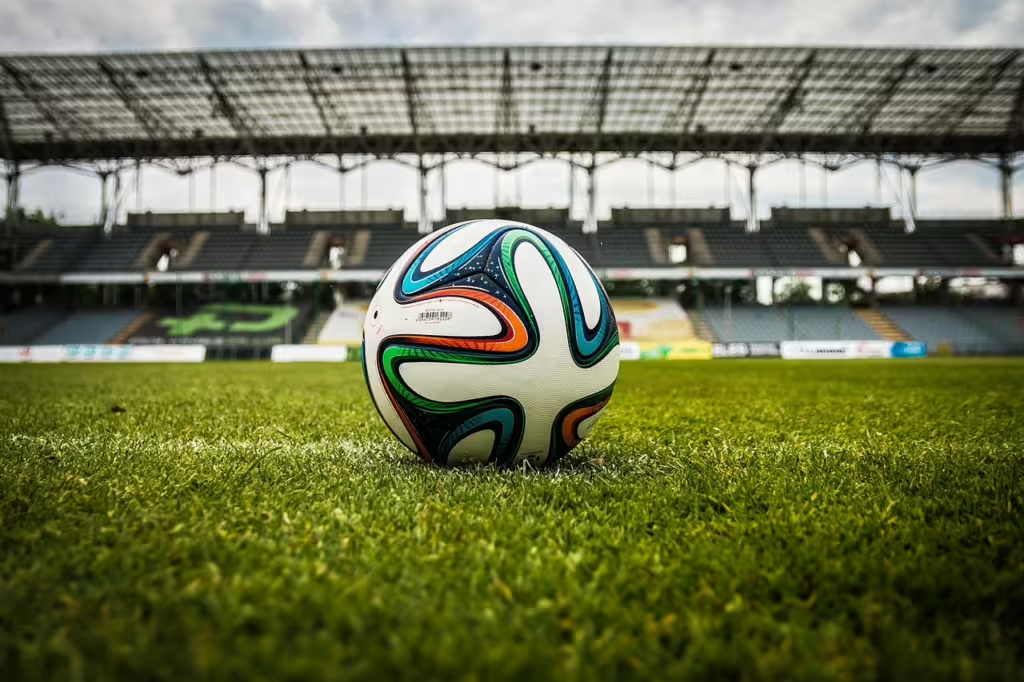
Dance and Gymnastics Routines
Many dance or gymnastics routines require precise movements and timing. Children who practice these routines need to practice those moves over and over to get them right. By repeating each movement hundreds of times, young performers ensure they remember every piece of their routine, so it becomes smooth, natural, and appears effortless.
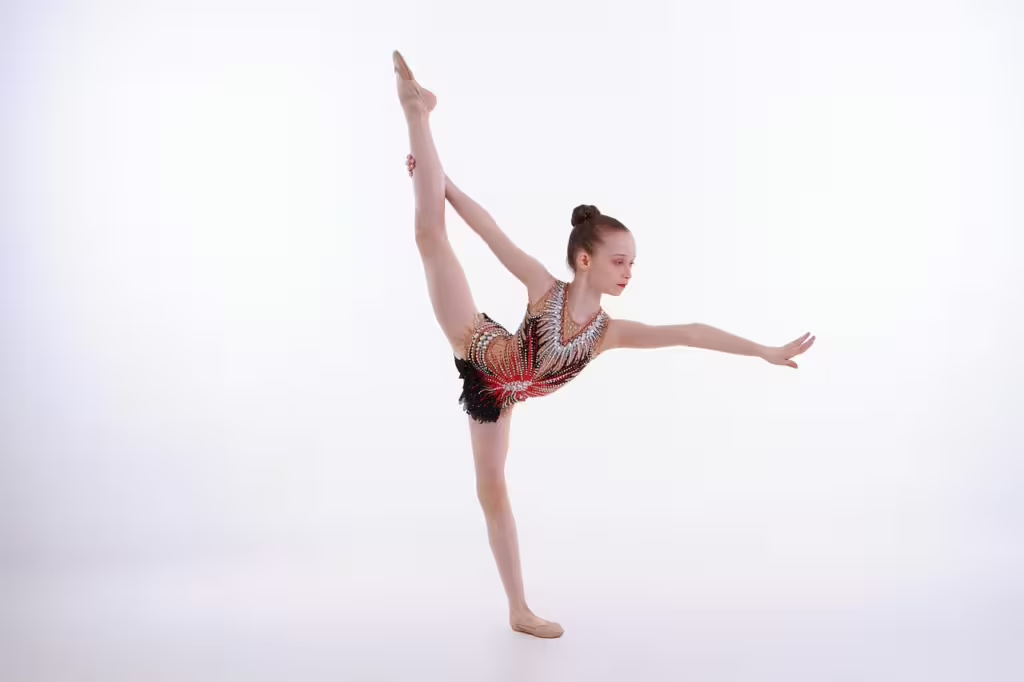
Setting Practice Goals to Stay Motivated
Repetition might begin to feel boring after a while, for adults and children alike. Some children might get bored easily or become frustrated with the process without understanding its ultimate purpose. In these situations, setting goals can make it more interesting and fun. Goals help you stay focused and give you something to work toward. Here’s how to set practice goals that will keep you motivated:
- Break Down Big Goals: Instead of encouraging your child to master an entire skill, break it down. For instance, if they are learning a dance routine, set goals to help them master each part separately before putting it all together.
- Set a Practice Schedule: Kids need to keep a consistent practice schedule, like practicing every day or a few times each week. This helps them to build a routine and makes repetition part of their day. Parents with kids in sports should endeavor to help their kids make every practice they can.
- Track Your Progress: If they are a little older, encourage your kids to start a journal or make a checklist to track their progress. It can be most satisfying to see how far they have come, and it reminds them that repetition is working!
How to Make Repetition Fun
Repetition doesn’t have to be boring in order to be successful! Here are some ways that parents can use to make repetitive practice more enjoyable:
- Challenge Yourself: Try to create little challenges for your kids, like timing how many successful free throws they can make in a row or seeing if they can beat your best time in a sprint.
- Practice with Friends: Obviously team sports have practice together, but even if they aren’t at official practice, encourage kids to practice with a friend or teammate. This way, they can encourage each other and even turn practice into a friendly competition.
- Mix Things Up: Even though repetition means doing the same thing, parents and coaches can implement ways to mix up their routines. For example, if they are working on free throws in the driveway, move them around the court so they can vary their shooting spots.
Why Patience Is Key with Repetition
Patience goes hand-in-hand with repetition. Learning a new skill takes time and kids are less likely to have the necessary patience to stick with a long learning process than adults. Nevertheless, even though it might feel as if they aren’t improving at first, encourage them to stick with it! Patience is key to building long-lasting skills on and off the court. They just need to be encouraged, celebrated for their small victories, and taught to remember that everyone learns at their own pace. The results will show the value of their patience in the end.
How to Handle Frustration During Repetitive Practice
It’s normal for children to feel frustrated when they are practicing the same thing over and over, especially if they aren’t seeing any immediate improvement. Here are some tips you can use to help kids handle frustration:
- Take Short Breaks: If it seems like your kid is feeling stuck, have them take a five-minute break and come back refreshed. A short break can help young athletes refocus and clear their minds.
- Change Your Mindset: Instead of seeing mistakes as failures, help your child to view them as part of the learning process. Frame it as something like “each mistake brings you closer to improvement.”
- Reward Yourself: After a good practice session, reward your kid with a small treat or fun activity. Rewards can make practice and even repetition something to look forward to!
Building Strong Habits with Repetition
One of the best benefits of repetition is that it helps young athletes build strong habits. Regular practice creates good habits and helps children learn about the importance of routine. In addition, strong practice habits make it easier to learn new skills and stick with them over time. The key here is consistency, like brushing one’s teeth or riding a bike, it should feel natural over time. It helps to designate a space for a kid to practice too, because it helps the mind and body recognize that space instantly, and helps them focus without added distraction.
The Power of Visualization Alongside Repetition
Young athletes should try to incorporate visualization into their practice routines. Visualization is a powerful tool and here means imagining themselves performing a skill successfully. Many athletes use visualization to improve their skills, imagining themselves completing perfect moves or successful routines. The idea being, success in the mind can equal success on the playing field. Kids can do this by closing their eyes and using the prodigious imaginations to see them scoring a goal or hitting a home run.
Reflecting on Your Progress
Self-reflection isn’t easy for children. Hell, it’s not even a concept that’s easy for them to understand. Nevertheless, it is helpful for them to get to the end of a long sports journey and look back on how far they have come. Reflection isn’t just good at the conclusion of a season, it’s a powerful way to help children stay motivated as they go into the next phase of their life, whether it be joining a new sport, learning a new instrument, or waiting to play again next year.
- Keep a Journal: As before, older teens should jot down what they practiced each day, how it felt, and any improvements they noticed in a journal. Journaling helps them physically see the progress they have made over time.
- Celebrate Small Wins: Coaches and parents should celebrate every improvement, no matter how small!
- Set New Goals: As your kid improves, encourage them to set new goals that challenge themselves. This keeps practice exciting and encourages them to keep working hard.
Cultured Athlete Says…
Repetition might seem simple or even boring, but it is the key to mastering any skill, especially when it comes to sports. The concept of practice isn’t limited to sports, however. As children learn to stay positive, reflect on success, and work hard, they develop skills that can help them in music, academics, art, and any other thing they set their minds to! By improving muscle memory and gaining confidence, children learn that practice does indeed make perfect.
Discover more from CulturedAthlete
Subscribe to get the latest posts sent to your email.

